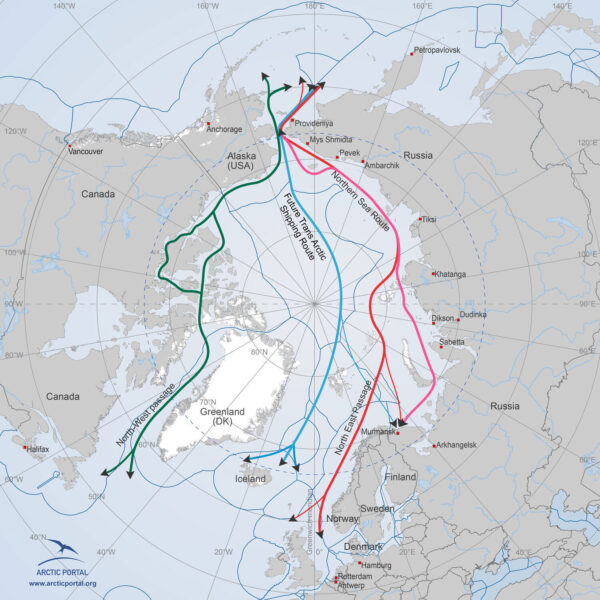On April 2, dubbed “Liberation Day” by President Trump, the U.S. will impose new “reciprocal” tariffs on imports, escalating trade tensions with key partners.
While countries like China, Mexico, and Canada are already expected to be hit hardest, many European and Asian economies will likely see a huge impact, prompting global warnings of retaliation, trade wars and a global economic slowdown.



